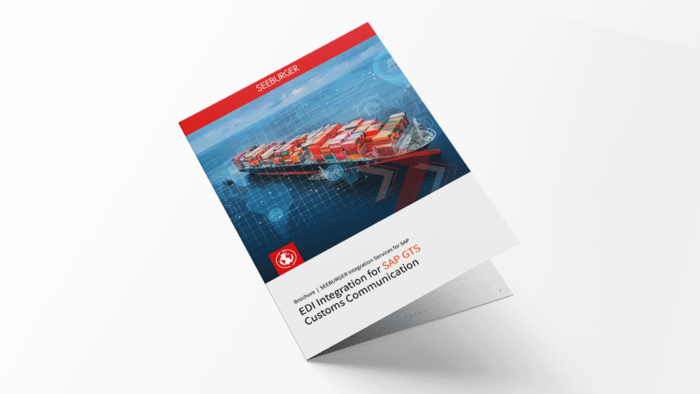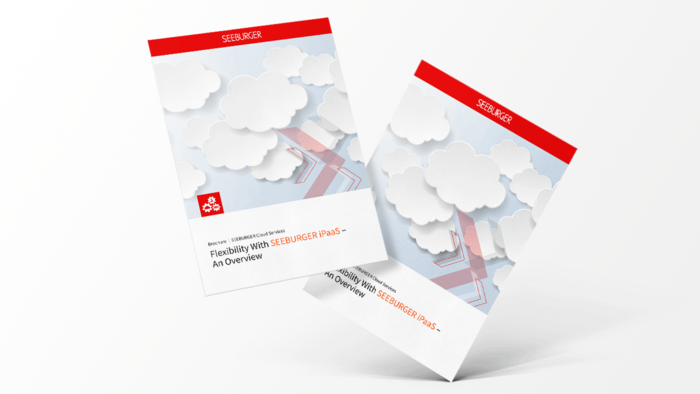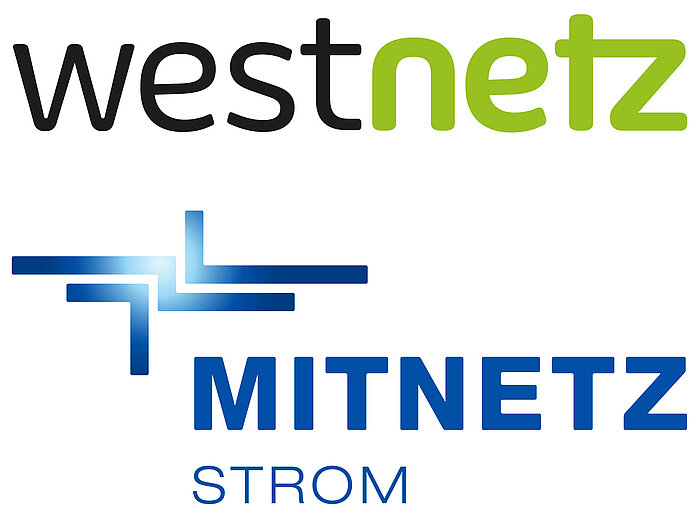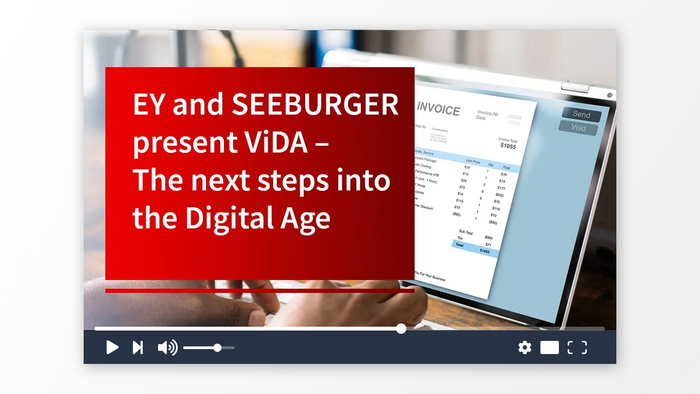Digitalization in the Energy Industry
Business integration for B2B interfaces, market communication in the cloud, trading and sustainability
Are you AS4-ready?Flexible architecture solutions for automated processes and regulatory-compliant message handling
Digital transformation and a changing regulatory landscape in the energy market require efficient and flexible software solutions, as well as reliable support to realize forward-looking IT projects. Due especially to changes in communication protocols, but also to changes in ERP, billing and market communication services, utilities providers need flexible architecture solutions. Interfaces, web services, API and data integration are terms used almost daily in the energy industry, where efficient market communication and integration between all the players is critical. As process digitalization advances and market communication in the energy industry is automated, not to mention more stringent requirements for cryptography and the use of the Smart Meter PKI in market communication, the energy industry cannot do without modern interfaces and protocols.
The SEEBURGER BIS Platform empowers any type of user to implement, manage and support new digitalization requirements in the energy industry.
More than 14,000 satisfied customers
Our sustainability advantage
Benefit from our in-depth knowledge and experience in the global energy industry. Integrate e-invoicing and other business services with SAP and other ERP systems. We provide ready-to-use packaged integration processes and connectors to support a sustainable switch to digital processes.
Benefits for your company
Ensure compliance with all messaging standards, protocols, communication services and interfaces used in the German and global markets.
Until 2022, contact data between market partners was primarily transfered using Excel templates. This made data management difficult. Since the introduction of PARTIN and its process for exchanging market partner master data in market communication, the sector has noticed a leap in quality.
PARTIN illustrates how the digitalization and automation of data exchange processes between market partners in the German energy market is progressing.
The fact that the master data transferred is usually not stored in ERP systems, but is in many cases distributed or stored in simple lists in the company, represents a challenge for implementing PARTIN. In order to be able to manage both your own communication and contact data and those of your market partners, you need new services to centrally provide information at any time, support the exchange of altered data and enable data exchange with one's own systems via modern interfaces such as APIs.
To maintain system security and support new business areas, the sector needed an increased information flow and data exchange based on security, confidentiality and integrity.
With the publication of the specification for the introduction of AS4 in market communication by the German Federal Network Agency on March 31, 2022, and the subsequent publication of the "Regulations on Transmission Path 2.0" by BDEW, communication in the German energy market has reached a new level of security.
For all market participants in the German electricity market, the AS4 conversion on 01.10.2023 represented a major challenge as there was a large number of market partners to convert from primarily encrypted and signed email communication to AS4. In addition, the technical prerequisites for implementing the defined AS4 profile presented market participants with new challenges and investment decisions. However, there have also been opportunities and the successful AS4 rollout in market communications benefited from efficient migration processes for existing market partners and the onboarding of new market partners.
Learn more about the conversion to AS4 in our AS4 FAQs.
Market communication (MaKo, German: Marktkommunikation) comprises technical communication as well as defined business processes that have been made binding by the German Federal Network Agency (BNetzA). The data formats and communication interfaces have been defined and specified in close coordination with the BNetzA and edi@energy working groups.
For companies, the implementation of regulations and standardizations are elementary to ensure that their business processes function, but they are not the core business. The annual format changes and increasing security requirements for communication tie up resources and cause high recurring costs to meet technical requirements.
The MaKo Cloud Service relieves and supports precisely here, not only with the provision of the required technical infrastructures, but also in mastering the conversion from email to AS4.
The interface detects changes to trades, automatically transfers them and takes into account current EU requirements - including uniform implementation of future requirements.
The RRM+ Service (Registered Reporting Mechanism) supports the implementation of the EU regulations EMIR and REMIT. The RRM+ Service fulfills the requirements of ACER and is represented in the official ACER RRM list. For EMIR reporting, the RRM+ Service fulfills all requirements of the REGIS-TR trade repository as a third-party provider.
The Confirmation Matching Service completely automatically matches trade confirmations according to the EFET eCM standard by checking all fields in a contract for discrepancies. Previously time-consuming manual checks can be greatly simplified by automated processes.
The European Transparency Platform (ETP) was certified on 28.04.2021 as one of the first German Inside Information Platforms. The ETP lets you fulfil the requirements for reporting inside information via an IIP registered with ACER.
As well as using EDIFACT in network usage billing, new use cases have now sprung up following increased e-invoicing in B2G transactions.
The challenge is to implement the typical components found on an energy or water invoice using the framework of EN-16931. The German Energy Market & Communications Association (Bundesverband Energiemarkt & Kommunikation e.V.) is continuously developing the implementation recommendation in the ZUGFeRD working group, with coordination taking place with KoS IT as the publisher of the German CIUS "XRechnung" for European core billing. Electronic invoices are also becoming an essential part of tenders for energy supply in the economy, especially for large housing authorities. In this environment, the format ZUGFeRD, which is commonly used in Germany in addition to XRechnung, has become established as of version 2.0 (known as Factur-X). SEEBURGER E-Invoicing Services support European and international standards as well as SAP add-ons for a comprehensive infrastructure to meet the requirements of contemporary e-invoicing.
With the changes brought by decarbonization of energy production and demand, challenges arise in data communication — security-related requirements for an infrastructure, fulfillment of legal requirements, the establishment of an energy information network and the integration of new technologies such as charging stations for electro mobility.
Technical changes, new forms of customer loyalty and the development of new business areas and products are no longer profitable without a digital infrastructure. More and more different systems are to be integrated with each other.
Sustainability is not only reduced to the type of energy generation and consumption reduction, but is also an issue in software integration in a modern infrastructure. The possibilities of digital interfaces, individual process integration and interfaces to established solutions play a role here, but also scalability, vailability and compliance with legal requirements. Functioning integration of different systems along the value chain in new business areas are decisive success factors in the digital world.








